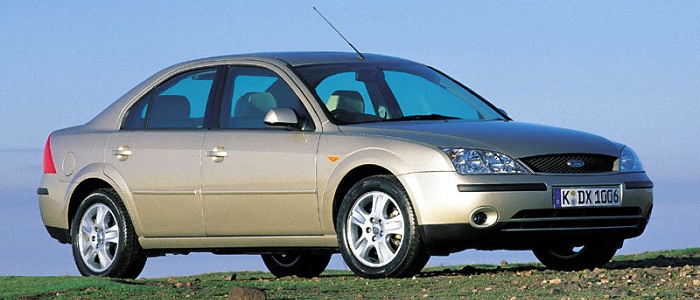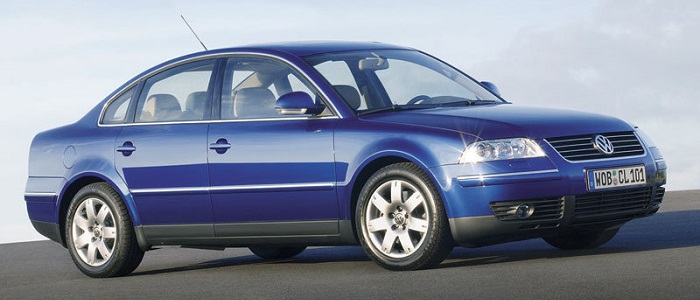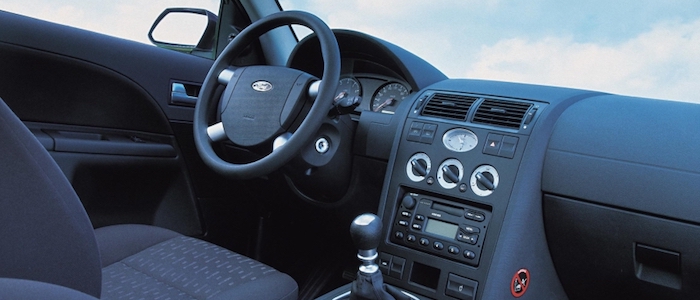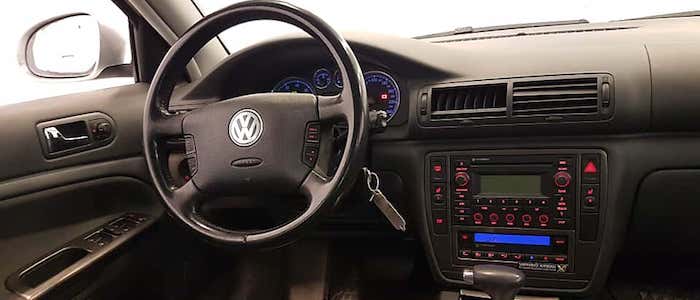Compare two cars
Compare any two cars and get our Virtual Adviser™ opinion
Dimensons & Outlines
Check vehicle history
Engine
3.0 Duratec ST
Performance (manual gearbox)
Performance (automatic gearbox)
Expenses
Virtual Adviser's™ opinion
Two significantly similar cars, no doubt about that. Still, each one has something different to offer. Having both cars powered by petrol engines and utilizing the 4-door sedan body style within the same 'Large family car' segment, the only major difference here really is their wheel drive configuration (front for the Ford and 4 x 4 in the case of the Volkswagen). The first one has a Ford-engineered powertrain under the hood, a 6-cylinder, 24-valves 226hp unit, while the other one gets its power and torque from a 6-cylinder, 30-valves 193hp engine designed by Volkswagen.
SafetyThe first thing to look into here would be the results from European New Car Assessment Programme (Euro NCAP) tests performed on the two cars. Good thing is that both vehicles got tested, with the same number of safety stars gained in the process. Moving further on, let's take a closer look at some additional safety-related facts. Both vehicles belong to the large family car segment, which is generally a good thing safety-wise, but it doesn't do much to help us decide between the two. On the other hand, when it comes to weight, a factor that most people underestimate, the German car offers a marginal difference of 6% more metal.
ReliabilityReliability is not the best thing to consider on the make level, but it is worth mentioning that Ford does have a slight advantage, all the models observed together. That's the official data, while our visitors describe reliability of Ford with an average rating of 4.4, and models under the Volkswagen badge with 4.2 out of 5. The same official information place Mondeo as average reliability-wise, and Passat is more or less at the same level.Above it all, drivers of cars with the same engine as the American car rank it on average as 5.0, while the one under the competitor's bonnet gets 4.9 out of 5.
Performance & Fuel economyFord is a bit more agile, reaching 100km/h in 0.4 seconds less than its competitor. In addition to that it accelerates all the way to 243 kilometers per hour, 5km/h more than the other car. When it comes to fuel economy things look pretty much the same for both cars, averaging around 10.5 liters of fuel per 100 kilometers (27 mpg), in combined cycle.
Verdict
Ford appears just a bit more reliable, although the difference is truly marginal. The most important thing when deciding between any two vehicles should always be safety, both passive and active. In my opinion, everything taken into account, the German car offers slightly better overall protection and takes the lead. From there things take a different direction, with Ford being considerably quicker, thus putting more smile on driver's face. To make things even better, it consumps less fuel! It's not difficult to say then that if I'd need to make a choice, it would definitely be the Ford. Nevertheless, let's not forget that people have different preferences and needs, so what really counts is your personal feel. I'm only here to help. I suggest you spend two more minutes in order to find out which car, based on your needs and budget, would be picked by the virtual adviser™, out of 12.000+ vehicles we currently have in our database.

































